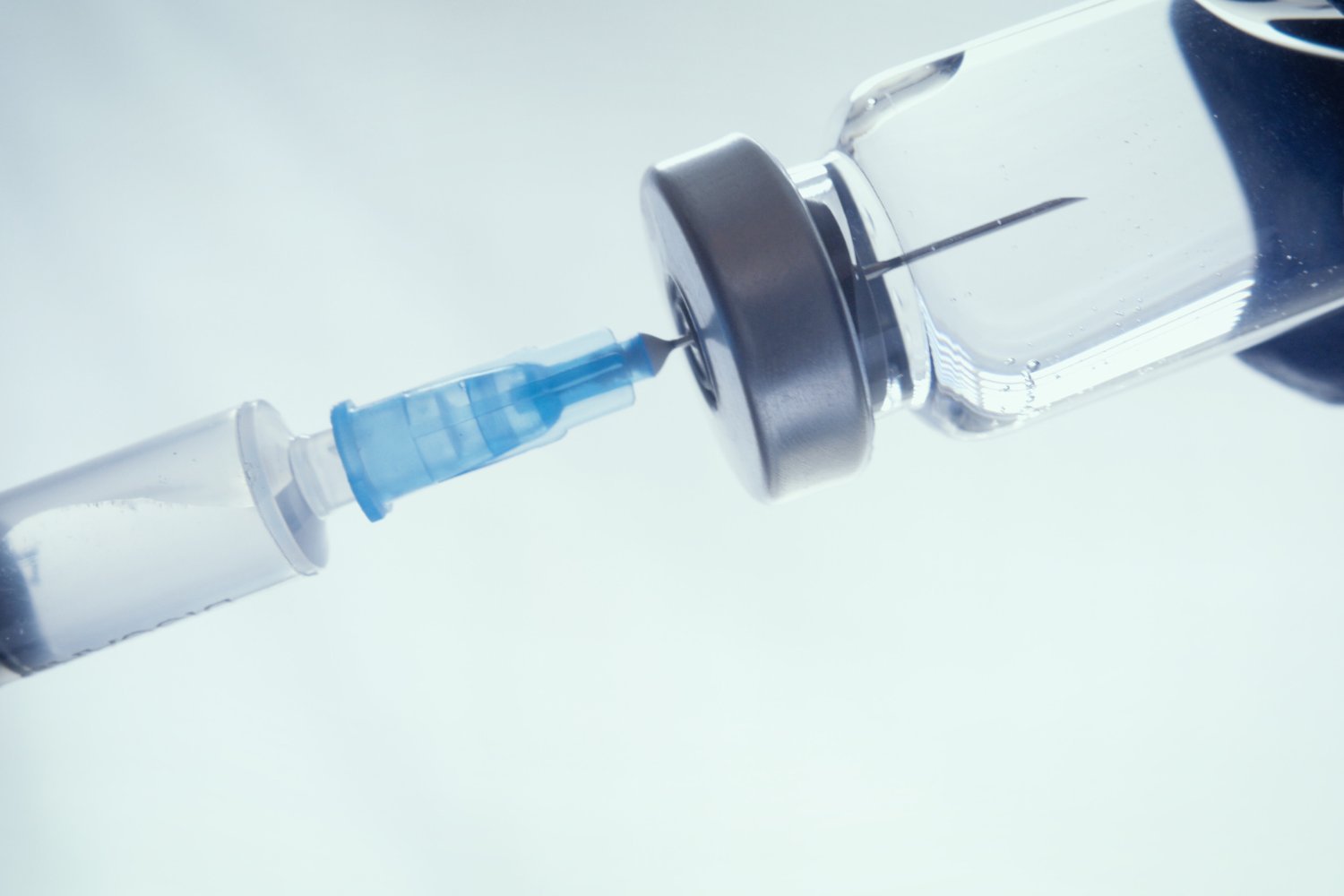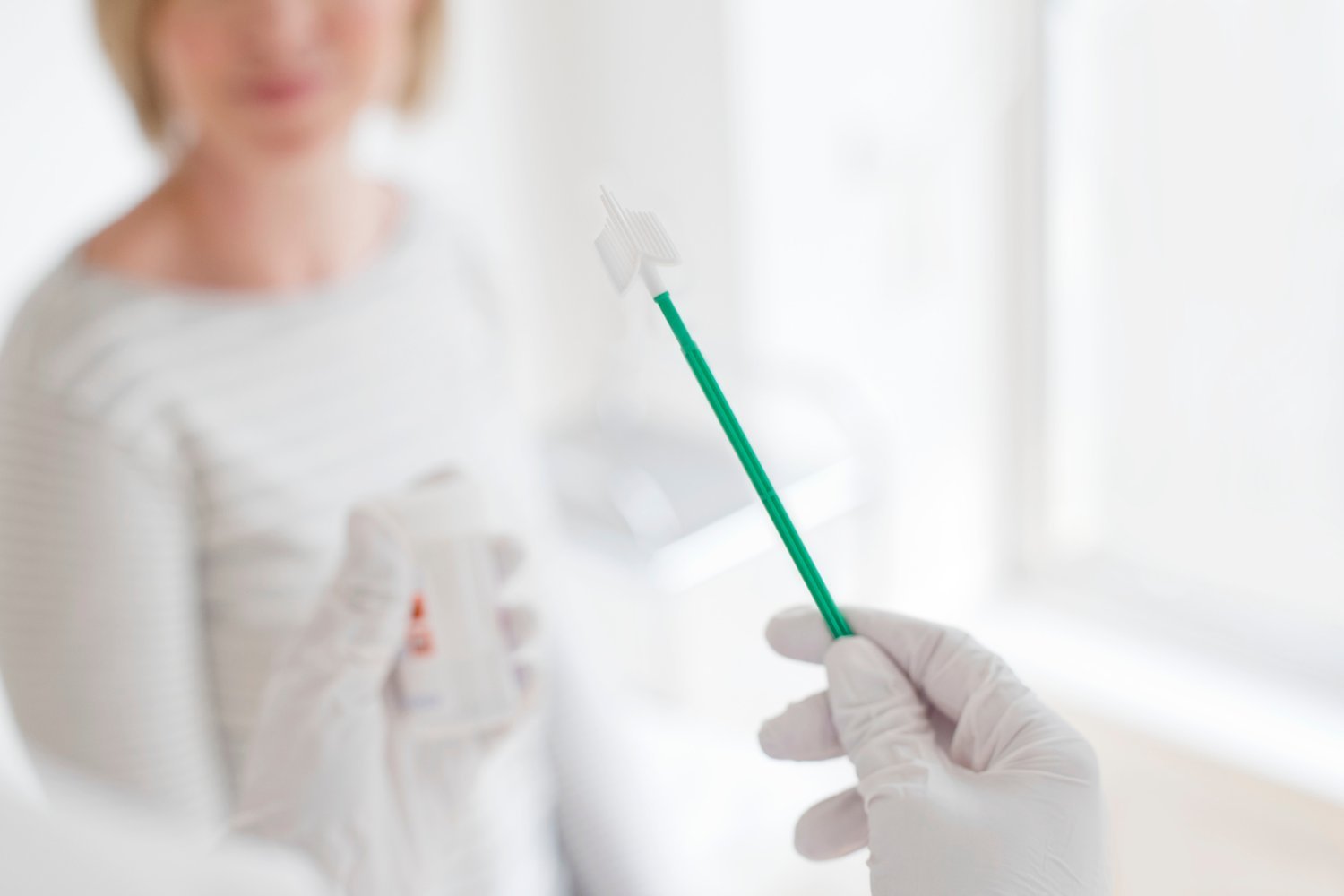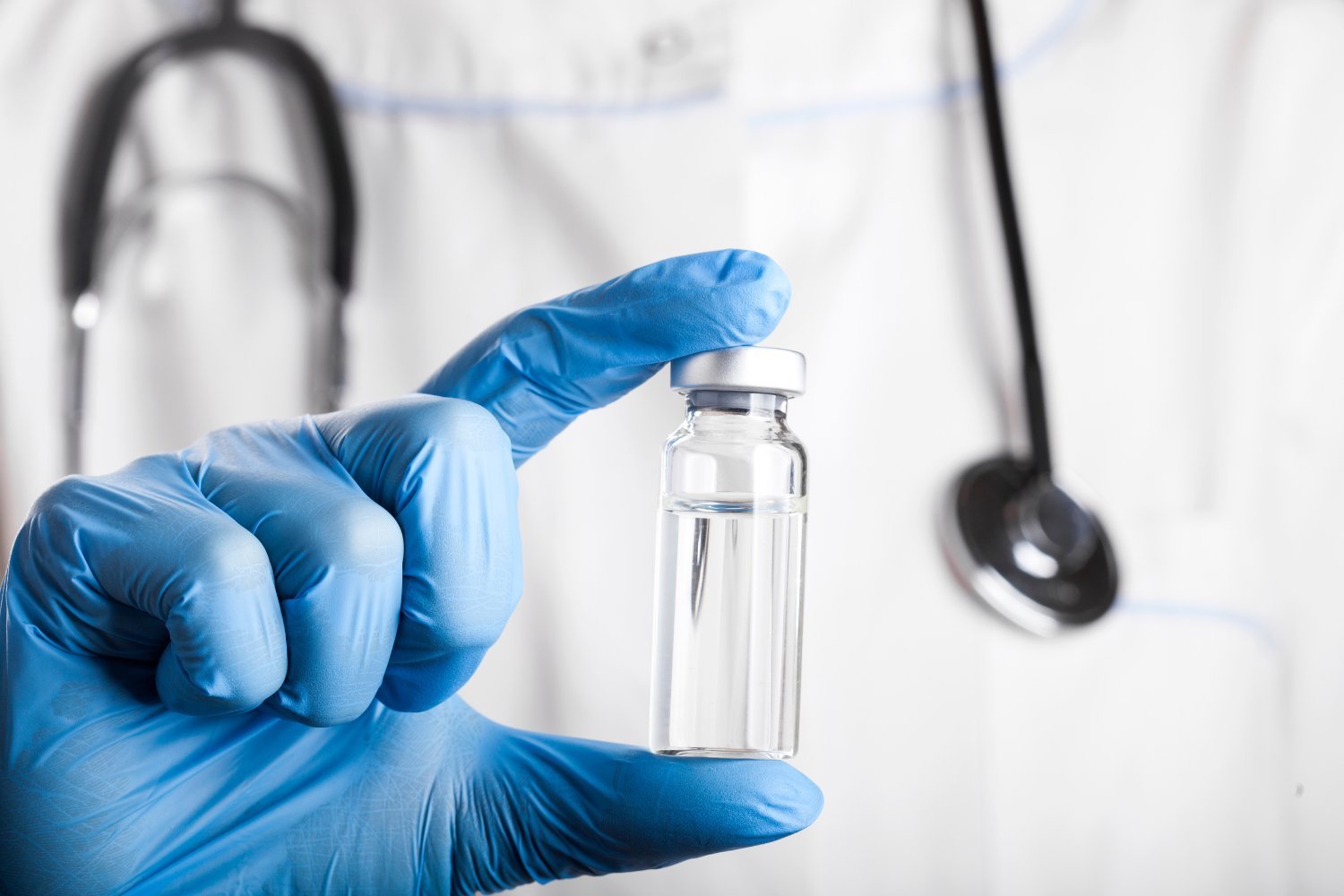GLP-1 receptor agonists (GLP-1 RAs), medications like semaglutide (Ozempic, Wegovy) and liraglutide, are increasingly recognized for their potential beyond weight loss. New research suggests these drugs may also significantly reduce alcohol consumption.
A recent prospective study conducted by scientists in Ireland and Saudi Arabia explored the impact of GLP-1 RAs on alcohol intake in approximately 200 patients prescribed these medications for obesity management. The study revealed a notable decrease in alcohol consumption among participants, particularly among those who initially reported higher levels of alcohol intake. This reduction coincided with weight loss achieved through the medication.
Semaglutide and other GLP-1 drugs have demonstrated superior efficacy in weight loss compared to diet and exercise alone. Emerging research indicates their potential to curb cravings for various substances, including opioids, cocaine, and alcohol. This new study provides further support for this hypothesis.
Unlike previous retrospective studies, this research proactively monitored changes in alcohol consumption after initiating GLP-1 therapy. Participants, real-world patients prescribed either semaglutide or liraglutide for weight loss, reported their alcohol consumption levels before starting the medication and again at three and six-month follow-up visits.
Of the 188 participants who completed at least one follow-up, those who consumed alcohol reported a decrease in their average intake after starting GLP-1 treatment. High consumers, defined as those consuming over 11 drinks per week, experienced a substantial 68% reduction in alcohol use, decreasing from an average of 23 drinks per week to 8 drinks per week. This reduction is comparable to the effectiveness of established treatments for alcohol use disorder.
The study’s findings, presented at the annual European Congress on Obesity and published in the journal Diabetes, Obesity and Metabolism, suggest a significant role for GLP-1 RAs in reducing alcohol intake. However, the researchers acknowledge limitations, including the absence of a control group and a relatively small sample size.
The precise mechanism by which GLP-1 drugs influence cravings remains unclear. However, it’s hypothesized that GLP-1 receptors in the brain modulate responses to rewarding stimuli, such as alcohol. The growing body of evidence supports the potential use of GLP-1s as a treatment for substance use disorders.
A weak positive correlation was observed between weight loss and reduction in alcohol consumption, which is plausible considering the caloric content of alcoholic beverages. The researchers suggest that GLP-1 drugs could offer a dual benefit for individuals struggling with both weight management and alcohol consumption.
Further research, including randomized controlled clinical trials, is necessary to definitively establish the efficacy of semaglutide as a treatment for substance use disorders. Several such trials are currently underway.
The findings highlight the potential therapeutic role of GLP-1 RAs in addressing co-occurring obesity and alcohol use, paving the way for future research and potential advancements in addiction treatment.











